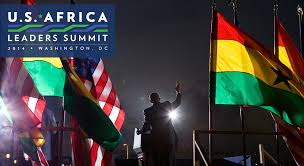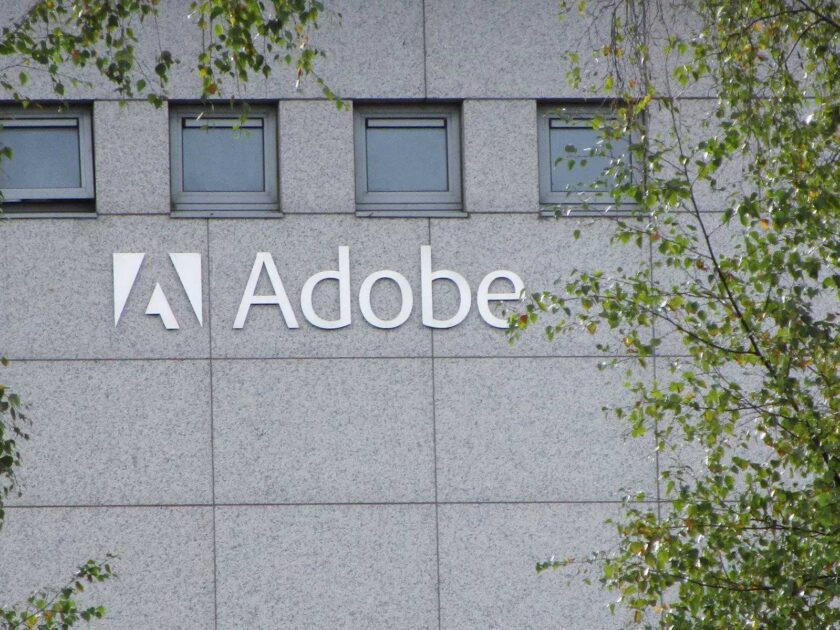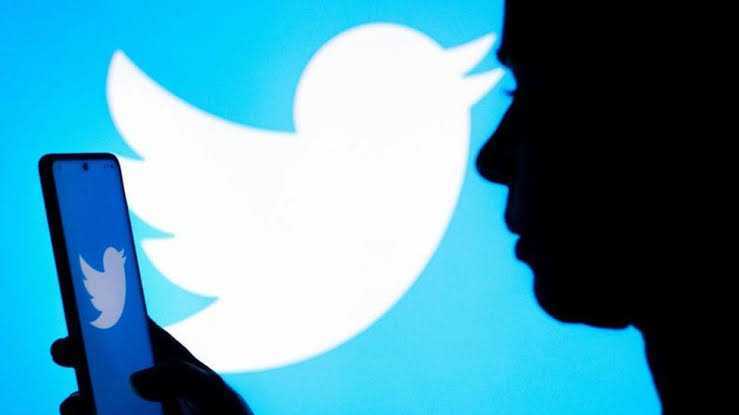WASHINGTON — The US will announce nearly $1bn in business deals, increased funding for peacekeeping and commit billions of dollars to expand food and power programmes in Africa during a summit this week, US and development officials say.
President Jacob Zuma will be in the front row at the August 5-6 summit in Washington to which US President Barack Obama invited 50 of Africa’s 53 heads of state or government “in good standing with the US and the African Union (AU)”. This criterion has excluded Eritrea, Sudan and Zimbabwe.
US officials said the summit hopes to showcase US interest in the fast-growing region through a series of government-private partnership deals to boost trade and investment. Seven of the world’s fastest-growing economies are in Africa.
The US is also hoping to arrest the decline of its political influence and economic clout in Africa. But US officials have played down questions over whether the summit is in response to China’s growing presence. Instead, they have emphasised that US interests go beyond Africa’s oil and minerals, on which China is focused.
“The Obama administration has come under increasing pressure from the commercial sector to prioritise Africa policy. This US-Africa summit is more a response to this than a direct beauty contest with China,” said Alex Vines, from Chatham House think-tank.
“You will see a series of announcements on agriculture and food, and power and energy,” Rajiv Shah, administrator of the US Agency for International Development, told Reuters.
Total US two-way trade in Africa has actually fallen in recent years, to about $60bn in 2013, far eclipsed by Africa’s trade with the European Union, at more than $200bn, and China, whose $170bn is a huge increase from $10bn in 2000, according to a recent Africa in Focus post by the Brookings Institution.
China overtook the US as Africa’s biggest trade partner in 2009. Its leaders have criss-crossed the continent, proffering multibillion-dollar loans, aid and investment deals. From Malabo to Maputo, Africa is studded with signs of its diplomatic and commercial outreach: Chinese-built roads, bridges, airports, stadiums, ministries and presidencies.
In contrast, US embassies in Africa — imposing concrete fortresses built against angry mobs or terrorist attacks — project a cautious engagement from an administration highly sensitive to a home public with no appetite for overseas interventions after Iraq and Afghanistan.
Mr Shah said there would be new support for Power Africa, a privately funded programme launched by Mr Obama last year to install 10,000 MW of new generation capacity and connect 20-million new customers across Africa by 2018.
Mr Shah said while companies pledged $7bn to the programme last year, next week “we will be in excess of $20bn ” in new investments. The World Bank is expected to make a major contribution.
The programme is also likely to be expanded from the six nations — Ethiopia, Kenya, Ghana, Liberia, Nigeria and Tanzania — that benefit from Power Africa.
There would be significant growth in private-sector support for US-backed food and agricultural programmes in Africa, including the New Alliance for Food Security and Nutrition, US development officials said.
The scheme was launched in 2012 to bring together African governments, the private sector and donors to boost investment in agricultural production after the 2008-09 food price crisis, which sparked unrest in developing nations.
An announcement involving billions of dollars by a large US beverage company is expected to boost purchases from African farmers, said one official.
The summit will include a business conference on Tuesday bringing together African leaders and American CEOs. US commerce officials said close to $1bn in various deals will be announced covering various sectors and involving several African countries.
Trade ministers will discuss ways to improve the US trade programme with Africa, known as the African Growth and Opportunity Act (Agoa).
The South African seat at these discussions will be filled by Trade and Industry Minister Rob Davies, who called last week for Agoa to be extended by 15 years when it runs out in 2015. The act, passed by Congress in 2000, gives preferential access to the US market to products from eligible African countries. South Africa is one of the beneficiaries, but to keep that status it needs to convince congressional critics that it is neither too economically advanced nor too beholden to China and Russia, its partners in the Brics group.
In other funding increases, the US state department is expected to announce a further $60m a year for peacekeeping training in six African countries, according to US officials.
Mr Obama has finally made enough headway against the worst domestic recession for generations to host a costly conference about the future of a continent with huge potential but many of whose 1-billion people confront dramatic problems every day. The latest problems include the outbreak of the Ebola virus in West Africa and the rapid spread of Islamist guerrillas across a belt from Mali in the west to Kenya in the east.
Commentators say Mr Obama, whose father was Kenyan, badly wants to leave his own stamp on relations with Africa that matches former US president Bill Clinton’s. Mr Obama’s travels to the continent since becoming president in 2009 have been sharply limited because of the need to focus on the US economy.
His administration launched a Young African Leaders Initiative and when he addressed the first 500 of its newly named Mandela Washington fellows last week, he listed Africa’s needs: resources, talent, rule of law, civil and human rights, transforming support for women, a credible political process, basic freedoms of speech and assembly, equality, economic transparency and accountability.
The programme would double its intake next year and set up leadership centres in Ghana, Kenya, Senegal and South Africa with backing from US corporates.
A frightening reminder that modern Africa cannot simply be reduced to a market for cheap natural resources came, bang on cue, in the final countdown to this week’s summit.
The worst outbreak on record of the Ebola virus had claimed at least 729 lives in West Africa by the weekend, almost all of them in Guinea, Liberia and Sierra Leone. Poorly funded public health systems have struggled to cope and international aid has been stepped up, much of it from the US. Inspirational acts of heroism by local and foreign health workers helped to raise morale — Sierra Leone’s only virologist died of Ebola after helping victims for weeks.
In what may be an encouraging change from previous patterns of leadership, the presidents of Liberia and Sierra Leone opted to skip the summit and its glamour, staying at home to help fight the virus. They handed to lieutenants the embossed invitations to a White House banquet and face-to-face talks with Mr Obama and many of America’s most prominent politicians and corporate magnates. Adapted from bdlive.co.za




